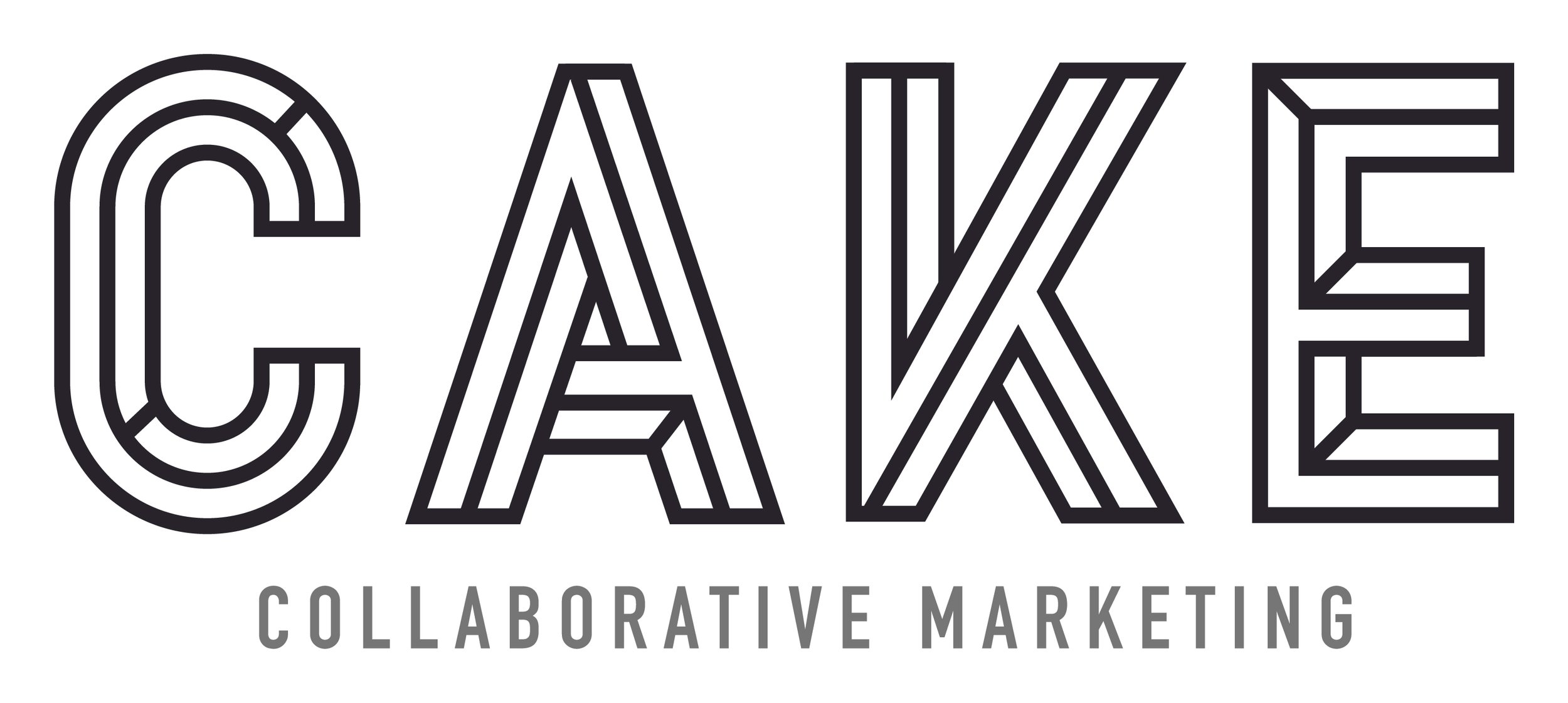Remote workers: does it actually work?
If you’re aware of our agency model then you’ll know that we’ve built our business around freelancers; favouring this route rather than adding numbers to our staff count and overheads.
Weighing up the pros and cons of this took some time – we know that the traditional agency model works, but we were sure we were onto something that could work differently, and dare we dream it, even better. So, we thought we’d share a few of the things that we’ve discovered along the way…
Communications
When you’re sat in the office with someone it’s easy to ask questions and talk about what you’re working on. So, is this a positive? Not always. One thing we’ve found out is that communication becomes more quality when it’s not interspersed with the usual office chat.
Productivity
We’ve all heard it said before that when people are ‘working from home’, they’re not actually working and they’re doing the bare minimum to make it look as if they are! Our freelancers regularly blow our socks off with what they produce. Now you could say that’s just because they’re brilliant at what they do. Or you could say it’s because working from home gives them the freedom to let their creative juices flow. They aren’t restricted by an office they don’t really want to be in and surrounded by the confines of agency life.
We know from research that remote employees are almost twice as likely to work beyond 40 hours per week. Not only that, they tend to be 20% more productive, completing work faster.
Passion plays a big part in productivity too. Someone who is enthusiastic and excited about their work will naturally produce better results.
Cost
We often hear “but freelancers are expensive, aren’t they?” Yes and no. Freelancers charge a higher rate for their time but the ‘no’ in the answer to this question comes from their speed and expertise. As a good example, in an office where you have a studio of designers all with different abilities and skills, a job comes in and only the junior has a slot. The time that it takes them to get from brief to completion eventually costs more money that it would to pay a higher skilled, more experienced freelancer.
Our overheads are lower too. It’s super simple; we only pay our freelancers when they are actually working. This ultimately means our clients benefit as we’re not charging big margins to make sure our overheads are covered.
Well-being
This is a big one for us because it impacts everything we do.
We’re a tight-knit team and the foundations of our creative team started with freelancers that we had worked with for years. We asked them to recommend other creatives that they knew and trusted and we built from there. This is important because it means we genuinely care about our team. Each and every one of them plays an important part in our model and as such, their health and happiness is essential.
A recent UK report found that 55% of people felt more stressed as a result of their commute. Snacking habits also increased and with less free time available, workers were leading less active and healthy lifestyles.
Work-life balance is so important. Even more so if you work from home and in the digital age where we know it’s harder to ‘switch-off’. We stumbled across some pretty scary figures when we started out – one study found that couples are 40% more likely to divorce when one partner commutes more than 45 minutes each way. Other scary stats linked commuting and office work to insomnia, obesity and various other mental health issue and physical problems.
We’ve gotten deep here. But the important thing for us is that if our employees are happy, we get the best from them and this in turn means our clients get the best from us. Everyone’s a winner. If you’re keen to join the freelance revolution, get in touch!

